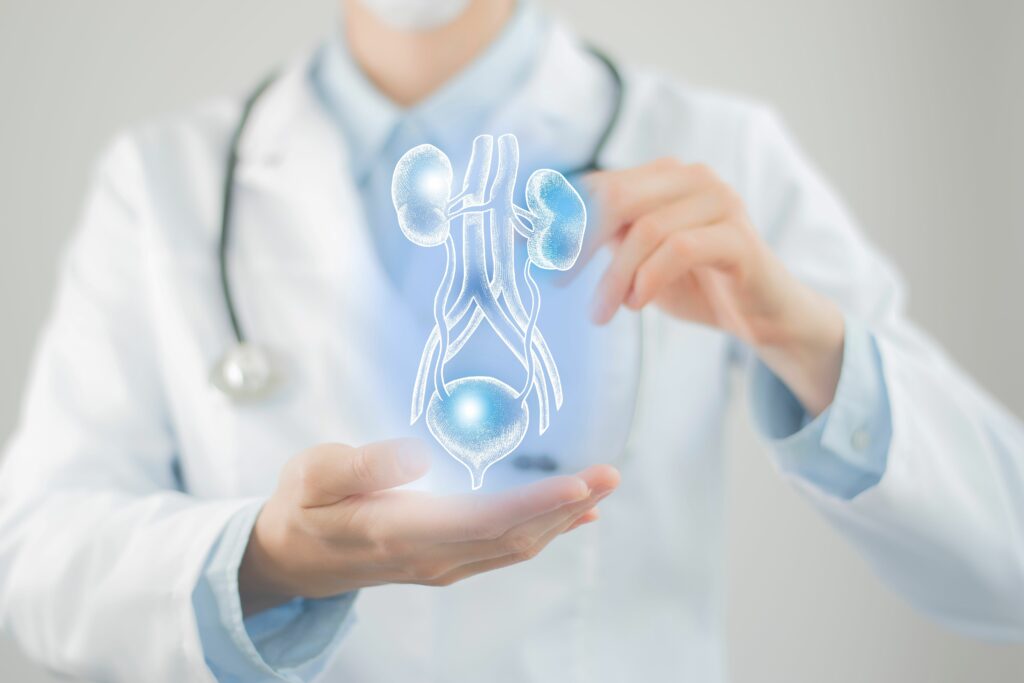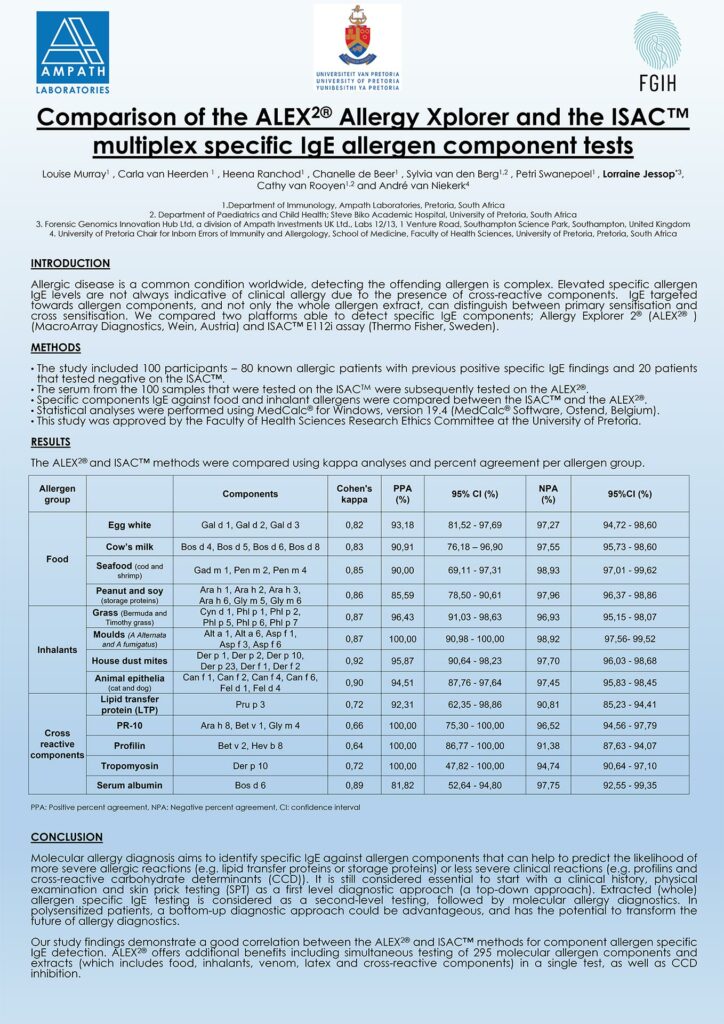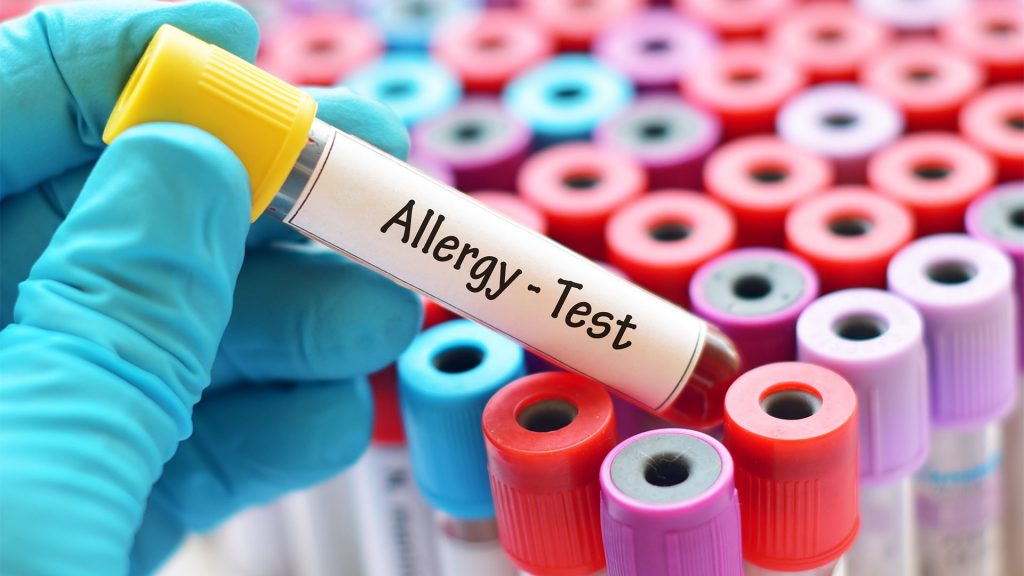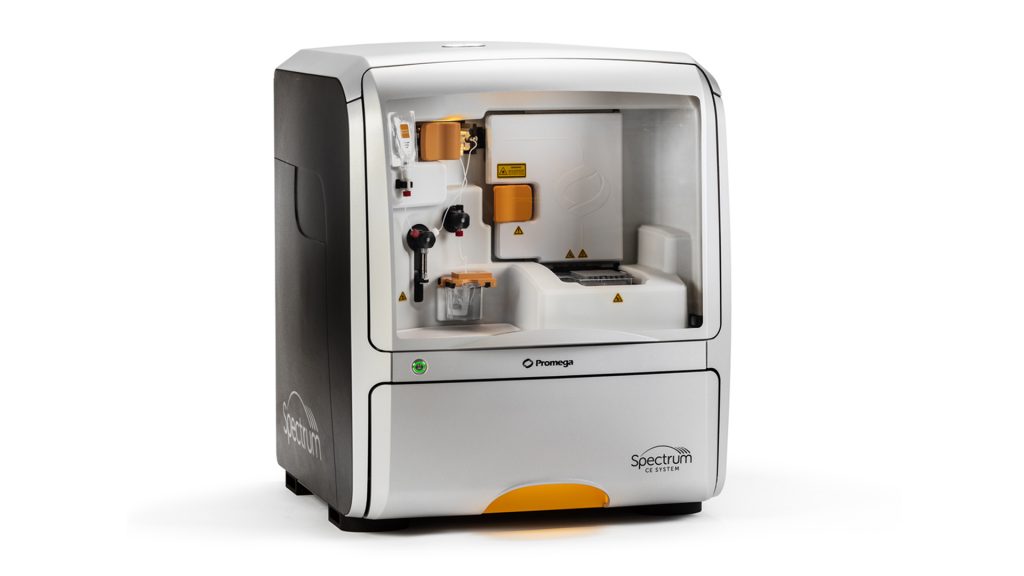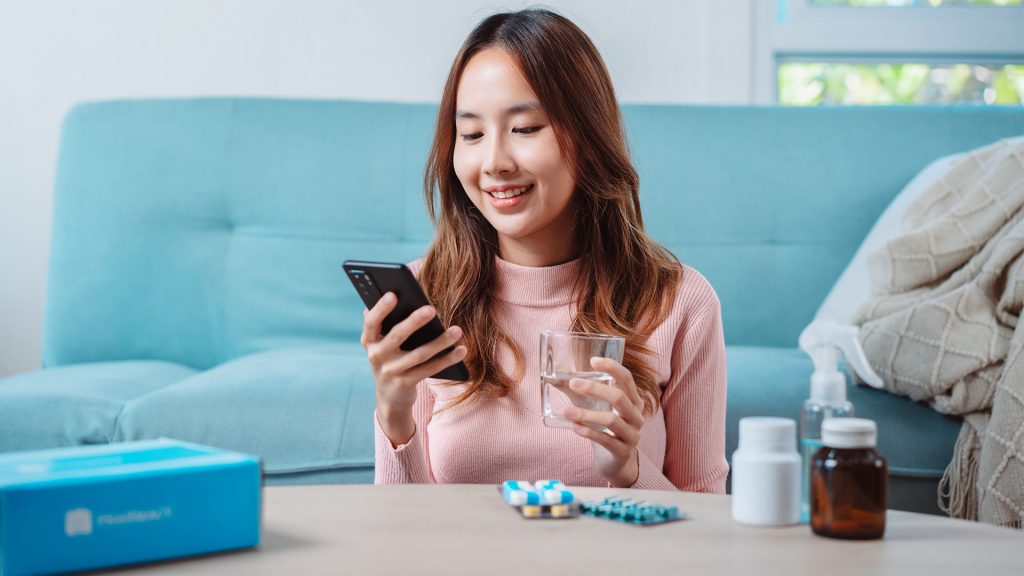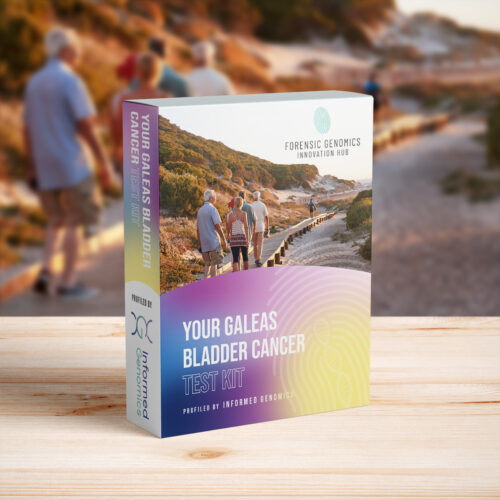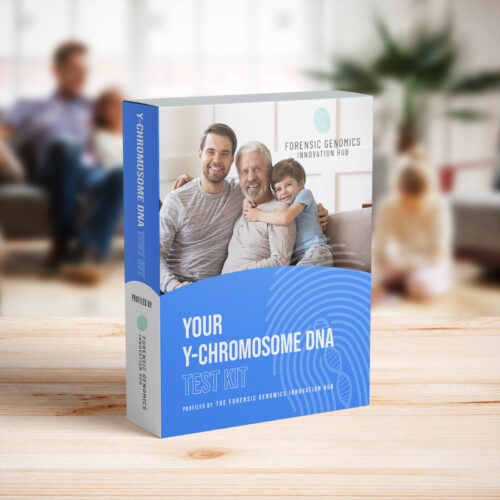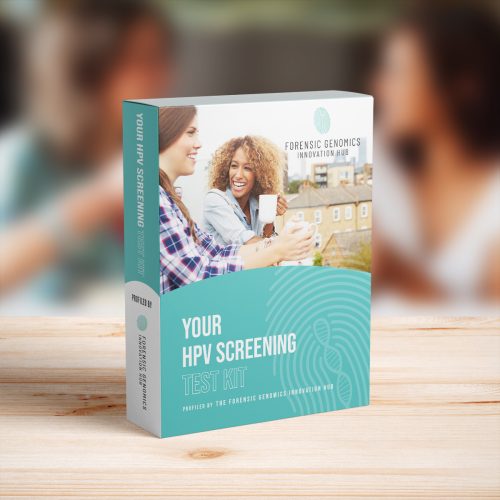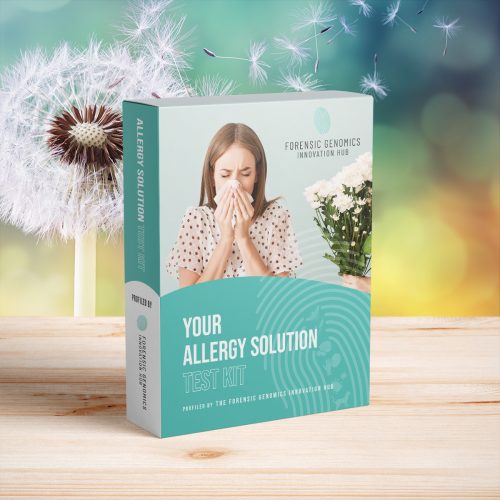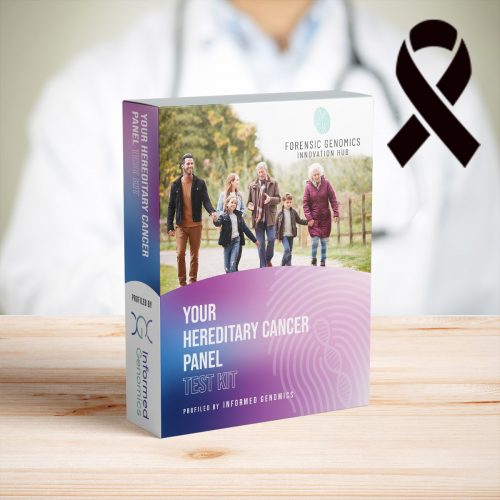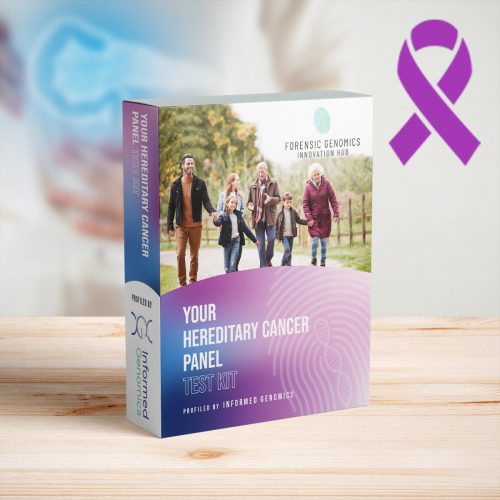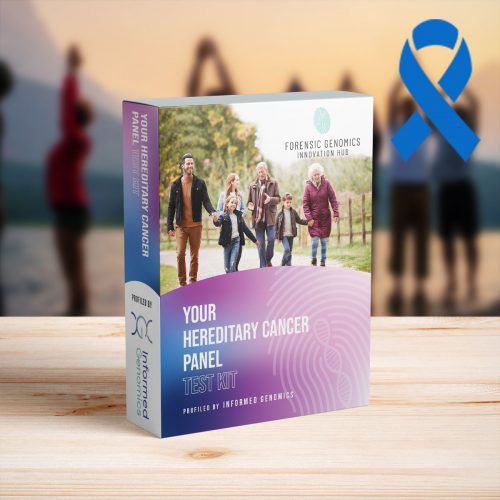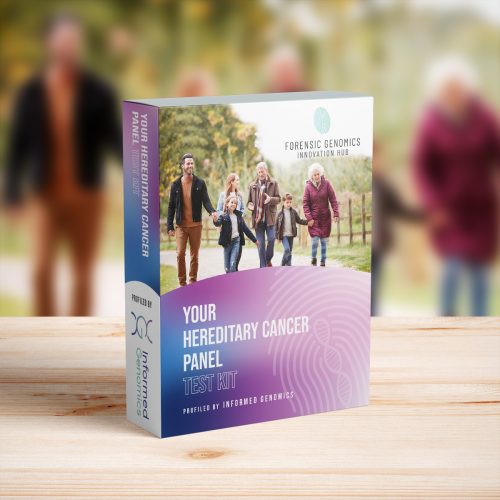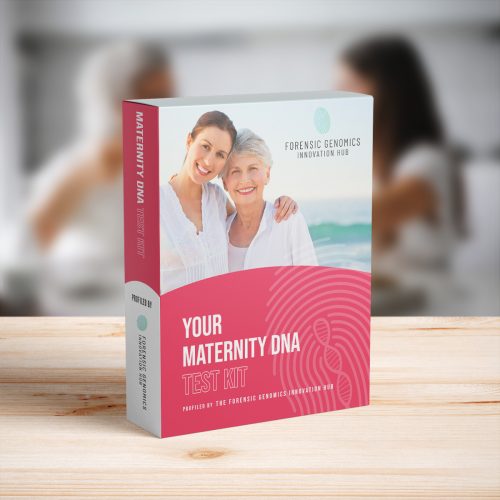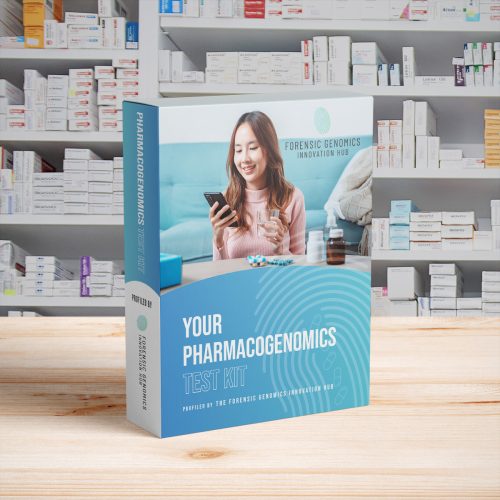If you are asymptomatic but need a Covid-19 test you can now choose from a variety of test, different methods and different manufacturers. But what test is really secure and will provide me with the most accurate result?
There is a lot of different test on the market but which is the best and which will meet your needs is hard on first sight. So basically you can distinguish between three different types of testing:
- Antibody Test
- Antigen Test
- qPCR test
Costs range between £30 & £200. Immediately my first thought is “which is the cheapest?”. “Why should I spend money on a test that I actually don’t need because I don’t have any symptoms”. Surely cheap is a good option?… But wait, sometimes cheap things are cheap for a reason, aren’t they? Actually, when it comes to lab testing cheap or expensive more or less represents the technology and manpower hidden in the test. So just to make it clear: producing a flow cell test that then can be done at home by yourself or the analysis of a sample provided by you by an accredited PCR lab must be different in pricing as both represent very different needs in investments. So, pricing here has nothing to do with the quality of testing it’s more representing the effort made to perform the test.
One important thing you must know is that the manufacturers always provide two numbers regarding their accuracy.
- Specificity – It means how certain it is that the test detects Covid-19 and not any other virus like the measles for example. And,
- Sensitivity – It tells you how many of 100 tests will lead to a correct result.
So, the perfect test would provide a specificity and sensitivity of 100%
Then there are different types of body fluids and sampling;
- Swabs, where material is sampled out of your nose and/or throat, and
- Your saliva, slowly dispensed into a tube.
The accuracy of the test can only be as good as your sample so make sure you follow the instructions really carefully, no matter how unpleasant (you might tear up or even gag a little). It’s just a short moment. Swabs and saliva are easy to do. Saliva is one of the easiest methods as you just spit in a tube and you are done – move over Click and Collect now we have “Spit and Collect”. Swabs are quicker to take.
Now, what are the differences between the three methods detecting Covid-19? Two of them are referred to as lateral flow cell tests. The principle being very similar to the well-known shop bought pregnancy tests. Simply put, a certain substance or molecule present in your tested body fluid will produce a colored lined in little window (positive result) or it will stay clear (negative result). For Covid-19 there are two types of substances detected by these tests:
Antibody test
This test evaluates if you have or had an infection by detecting antibodies in body fluids like saliva or blood. Every virus will make your body respond with a virus specific antibody. You can imagine this like a specific military troop fighting only against one enemy. In this troop you can distinguish between the first responders (so called IgM) and the later formed memory troop (IgG) that will defend your body in the future immediately because they remember the enemy. There also other members in the troop (IgA, IgE & IgD) that have a minor defending role. Most of the antibody test for Covid-19 only detect for IgGs, so therefore only show that you were infected in the past. There are some tests detecting IgG and IgM so can show if you are or were infected but they are not very common. However, most of these test don’t show if you are infected right now and should only be used if you want to know if you were previously infected. The test results don’t provide you with the information if you are still infectious or not, it just shows that your body reacted to the Covid-19 virus and built the memory troop. Most manufacturers show that the sensitivity of these test are around 99% and the specificity around 99,8% but some studies says that the true capacity of these tests is not as good as promised (https://www.cochrane.org/CD013652/INFECTN_what-diagnostic-accuracy-antibody-tests-detection-infection-covid-19-virus). The test is very quick and will only need about 30min.
If you want to know more about antibodies and why you produce them this video might be helpful: https://www.youtube.com/watch?v=Na-Zc-xWCLE.
Antigen Test
This test evaluates the presence of virus proteins, known as antigens, in your body fluids. Most antigens are proteins but can be carbs or lipids too. Antigens can be found on the surface of viruses or bacteria or in the feces of dust mites. Pollen also has antigens. These antigens cause an immune response. Remember your little antibody troops? These are little fighters because the antigens are their alarm and they are reacting to it. Every virus has a specific antigen and therefore if the virus is in your body fluids the antigen can be detected. Most manufacturers show that the sensitivity of these test are around 99% and the specificity around 97% but actual studies shown that they are not that accurate especially when it comes to sensitivity. It might be more around 70%. This number was derived by mass testing in Liverpool and other places in the UK. There is a lively ongoing discussion on this topic so for further reading visit : https://post.parliament.uk/mass-testing-for-covid-19-january-update-on-lateral-flow-tests/ or https://www.bmj.com/content/372/bmj.n287.
Even though the sensitivity is not as high as expected from antigen tests they have a high value whenever it comes to mass testing and a quickly needed result. Because people that are asymptomatic do not require a test it is quite possible for them to test positive when at the airport or at work, but if not in one of these scenarios they could go undetected but still potentially infectious. If the 30% failure rate is real it is important to remember that these tests will still miss some positives, especially those right at the beginning of the infection when the viral load is low and therefore not enough antigens are present to be detected in the flow cell. The test is very quick and you might get your result after 30min, but it could be a case of “more haste less speed”.
It has to be taken into account that the flow tests can be done by anybody at home. But if you don’t stick to the instructions the results might be wrong. For example, most tests need to be read after ten minutes. If you wait too long a very slight smear line might appear and you might result it as low positive but the truth is that it’s just an artefact based on the flow cell itself. It is therefore extremely important that you do the testing according to the manufacturer’s instructions.
qPCR-Test
This test determines whether there is viral RNA in one of your body fluids or not. This test must be conducted in a laboratory by trained qualified scientists. The lab will first extract the viral RNA out of the sample (if it is there). The viral capsule is broken open by heating the sample and adding a liquid which breaks open the cell wall. Tiny magnetic particles are used to pull the now freely available viral RNA out of the sample. This RNA extract then contains all the DNA and RNA in the sample, be it human DNA, bacterial DNA from the inside of your mouth or, more importantly the RNA of the Covid-19 virus. The pure RNA/DNA extract is then used for a highly specific PCR (PolymeraseChainReaction) that looks for specific RNA parts of Covid-19. This technique is like a photocopier. It may only find one initial copy of the COVID-19 RNA but it starts making copies until they are visible.
If you are interested in how a PCR works we highly recommend this video: https://www.youtube.com/watch?v=hO3mTqrEeq8.
The BIG advantage of this PCR is that if there is no viral RNA there can be no copies made, so the result of this test is highly accurate. Also, the sensitivity of most of the qPCRs for Covid available are highly sensitive, with many able to detect one copy of the RNA in a sample. So whilst the PCR is extremely good at telling you if the virus is present, it cannot tell you if you are infectious. It is not uncommon to be symptom free when you get your positive result, due to the test detecting tiny amounts of the virus in your sample. It maybe that you get symptoms later or perhaps not. The important point is that you are at risk of infecting someone who might not be as lucky as you and they go on to be very sick, or even die. If you want to get a qPCR you must allow at least 24h for the processing of the sample in the lab.
Recommendation
Our recommendation, although it’s more expensive, is to get a qPCR test as it is the most accurate test you can do. If you need to get a very quick test result an antigen test is better than no test at all. You should only get an antibody test if you are interested in a previous infection. If you want to travel check the requirements of your airline and your country of destination at least two weeks before you travel. PCR currently remains test of choice for travel. If you want to get tested by us and are unsure when you have to do what, let us know and we will support you in your planning.



